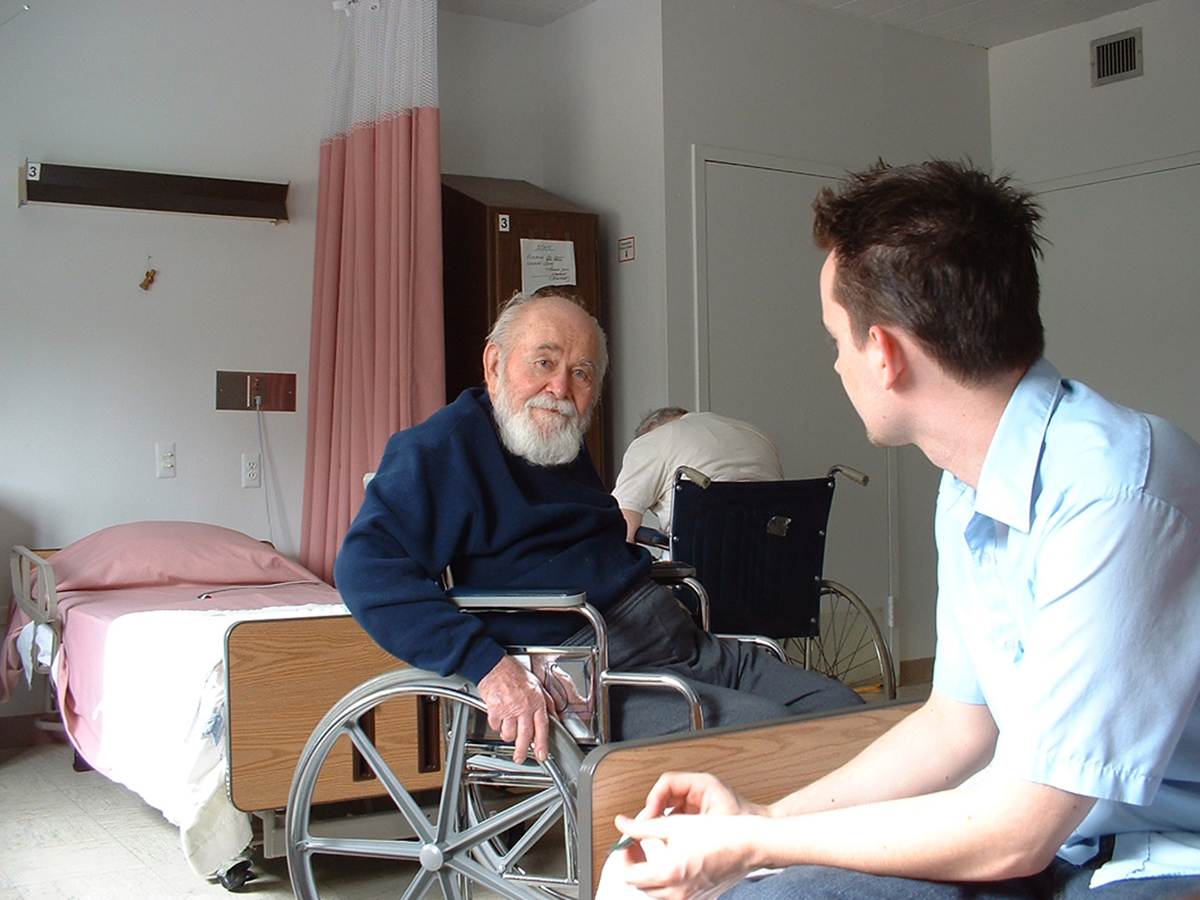Table of Contents
After initial studies (Phase I, 2005) involving animal models showed that T-817MA promotes nerve cell growth and improves memory loss, a Phase II investigation involving human clinical trials was conducted between 2008 to 2011. The multicenter trial called Alzheimer's Disease Cooperative Study (ADCS) covered Alzheimer’s patients in US and Canada and compared the effects of a daily oral dose of T-817MA (224 mg) to placebo in more than 300 patients who were already taking donepezil. The researchers measured cognitive (mental) function as the primary outcome and safety and overall effects as the secondary outcome.

To further evaluate the effectiveness and safety of T-817MA, a new trial called NOBLE was started in March 2014, using a randomized, double blind study design with a control group. This means that randomly selected Alzheimer’s participants will receive either the active drug or a placebo (a substance with no active drug). Neither the patient nor the researchers will know what the patient is receiving until the conclusion of the study, when results are analyzed. The research, which is being conducted in multiple test centers in the US, is led by Dr Paul Aisen, a leading expert in Alzheimer’s disease in the US.
The study will last for 2 years and will include 450 patients of both genders between the ages of 55 and 85 years. Enrolled patients include only those who have been diagnosed with mild to moderate Alzheimer’s disease and are taking the standard treatment for at least six months; they must have a body weight of not more than 220 pounds, live in a community (not a nursing home), and have a partner or a regular caregiver who may accompany them to the study visits. Patients who have clinically significant medical conditions or are taking any drug aside from donepezil or memantine (such as rivastigmine or galantine) for Alzheimer’s disease are excluded from the study.
For the study, participants are randomly assigned to one of three groups. One group receives 224 mg of T-817MA, another receives 448 mg of the same drug, and the last group receives placebo, which is an inactive substance. Researchers conduct tests to determine the drug’s effects on the patients’ memory, other mental aspects, and daily functioning. Aside from these, participants also undergo physical exams, some blood tests, and MRI (brain scan).
- Science Daily. Patients sought for U.S. nationwide study of drug that may slow Alzheimer's disease. http://www.sciencedaily.com/releases/2014/11/141112202619.htm
- WebMD. Alzheimer's Disease – Medications. http://www.webmd.com/alzheimers/tc/alzheimers-disease-medications
- ALZ Forum. T-817MA. http://www.alzforum.org/therapeutics/t-817ma
- Alzheimer’s News Today. Experimental T-817MA Therapy Currently Being Tested for Mild to Moderate Alzheimer’s Disease. http://alzheimersnewstoday.com/2014/09/12/experimental-t-817ma-therapy-currently-being-tested-for-mild-to-moderate-alzheimers-disease/
- NIA. Alzheimer's Disease Fact Sheet. http://www.nia.nih.gov/alzheimers/publication/alzheimers-disease-fact-sheet#treatingPhoto courtesy of Basykes via Flickr: www.flickr.com/photos/basykes/7158418
- Photo courtesy of Carianoff via Flickr: www.flickr.com/photos/carianoff/3427559493
- www.sciencedaily.com
- www.webmd.com
- www.alzforum.org
- alzheimersnewstoday.com
- www.nia.nih.gov

